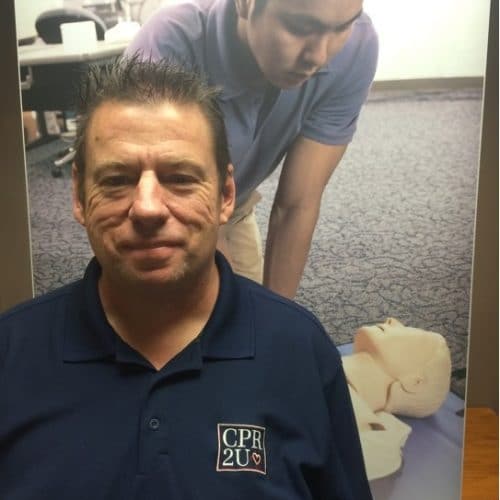The Future of Emergency Medical Services
COMMENTARY

Hurricane Ian was just the latest in a long series of natural disasters that put immense stress on our public health system and our emergency responders. While states and the federal government do everything in their power to mitigate the damage, hurricanes, tornadoes and earthquakes are uncontrollable. Similarly, large car crashes, a bomb explosion in a subway and other man-made disasters that cause mass casualties are equally uncontrollable and overwhelming to our first responders.
We know that more disasters will come, natural or not, and we need to be prepared for when they strike.
The work of our emergency medical services is admirable and essential, but rarely is it easy. Often the first responders to traumatic events in unsafe circumstances, EMS are tasked with quickly analyzing high-pressure situations and then applying the highest level of medical care available. Imagine technology that could help them with critical triage work, making that split-second decision of an emergency responder faster and easier. This technology is coming.
Oregon Health & Science University and Philips have teamed up and, with a grant from the Biomedical Advanced Research and Development Authority program, are developing an AI-based ultrasound device. This AI-based ultrasound technology is the first of its kind, turning hand-held smartphones and tablets that can fit in your pocket into triage tools with the ability to help detect internal bleeding, trauma-based injuries, lung injuries and much more. Moreover, these ultrasound devices have the ability to connect directly with physicians, giving first responders further access to the resources they need to make an informed decision in the field for that patient’s care.
This technology will enable first responders to more accurately predict and respond to critical injuries, especially ones that are not easily detected, making our public health system as prepared as possible for emergencies. Furthermore, its benefits can transform much more than our emergency response system, with broad applications for health care delivery systems, particularly in rural areas where X-ray technology and hospitals staffed with expert physicians are few and far between. The technology not only makes health care more efficient, but also more accessible.
These hand-held ultrasound devices can be a tremendous resource to the Federal Emergency Management Agency, as well as individual state and local governments across the nation, but only if properly supported.
To this end, it’s critical that lawmakers in Washington, D.C., support AI-based ultrasound devices and other upcoming cutting-edge initiatives to enhance the infrastructure in our emergency response systems. This is why we are calling on leaders focused on the health care and technology space, like Reps. Frank Pallone, D-N.J., Cathy McMorris Rodgers, R-Wash., and Lori Trahan, D-Mass., to continue fighting for initiatives like this, just as they have done in the past. With pivotal roles on the U.S. House of Representatives Energy and Commerce Committee, these representatives have the power to continue protecting and promoting critical health care initiatives.
The work of a first responder is extremely challenging — making the right decisions in high-pressure situations, where you’re often surrounded by large crowds and unsafe conditions, with just moments to analyze and react to emergency situations. This work could not be more important, and it is why we must do everything we can to arm first responders with the best resources available.
Bill Spurbeck is the president and founder of CPR2U. He has been a paramedic firefighter since 1983 and has worked in a variety of paramedic roles including flight, ground and management positions. He is also a leader within the nonprofit community, having served on the boards of directors for the Erik Hite Foundation and Junior Achievement of Arizona. You can reach CPR2U by email or phone at (520) 400-8204.























